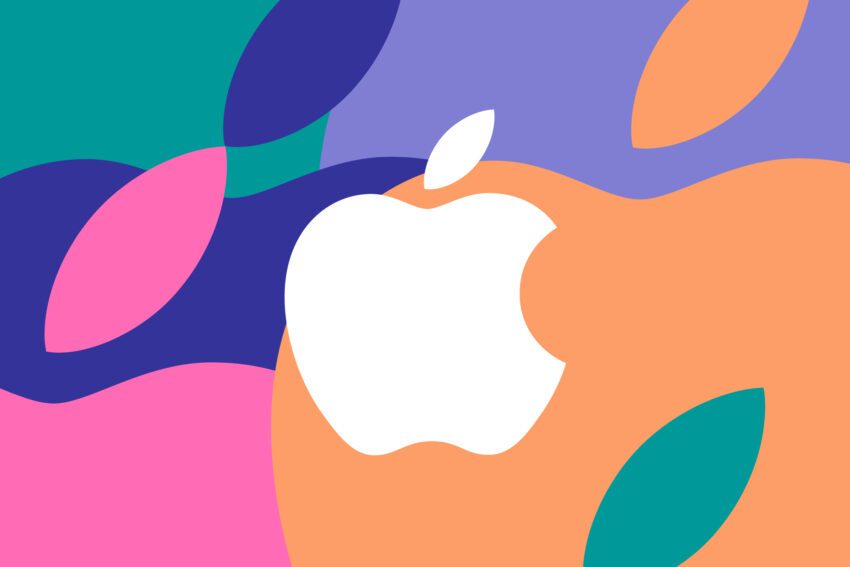
apple exec on apple tv rebranding let Apple’s decision to rebrand Apple TV Plus to simply Apple TV reflects a strategic shift aimed at streamlining its streaming service identity.
apple exec on apple tv rebranding let
Background on Apple TV Plus
Launched in November 2019, Apple TV Plus was Apple’s foray into the competitive streaming market, aiming to compete with established players like Netflix, Amazon Prime Video, and Disney+. The service initially offered a range of original content, including films, documentaries, and series, all produced by Apple. As part of its branding strategy, the “Plus” designation was intended to signify a premium offering, aligning with Apple’s other services like iCloud Plus and Apple News Plus.
However, the streaming landscape has evolved rapidly since the service’s inception. With numerous platforms vying for viewer attention, the need for a clear and recognizable brand became increasingly critical. Eddy Cue, Apple’s senior vice president of services, recently shared insights into this rebranding decision during an interview on The Town podcast.
Insights from Eddy Cue
The Decision to Drop “Plus”
According to Cue, the decision to eliminate “Plus” from the service’s name was not made in isolation or through external consultation. Instead, it was a collective internal decision. Cue stated, “We all called it Apple TV, and we said, given where we are today, it’s a great time to do it, so let’s just do it.” This indicates a shift towards a more unified branding approach, aligning the service more closely with the name that users were already using.
By dropping the “Plus,” Apple aims to simplify its branding and make it easier for consumers to identify the streaming service. Cue noted that the original inclusion of “Plus” was intended to maintain consistency with Apple’s other services. However, the reality was that consumers were already referring to the service as Apple TV, making the rebranding a logical step.
Addressing Potential Confusion
One of the primary concerns surrounding the rebranding was the potential for confusion among consumers regarding the different Apple TV products. Apple offers a range of products and services under the Apple TV brand, including the Apple TV hardware, the Apple TV app, and now the rebranded Apple TV streaming service. Cue addressed these concerns directly, stating, “Our hardware is called Apple TV 4K for your TV. I think that’s fine, and the app is called Apple TV.”
By clarifying the distinctions between the hardware, app, and streaming service, Cue reassured listeners that the rebranding would not lead to confusion. He emphasized that the name Apple TV has been consistently used across third-party products, further solidifying its identity in the market.
Implications of the Rebranding
Market Positioning
The rebranding of Apple TV Plus to Apple TV is a strategic move that reflects the changing dynamics of the streaming industry. As competition intensifies, companies must adapt their branding and marketing strategies to maintain relevance. By simplifying its name, Apple aims to strengthen its market position and enhance brand recognition.
In a landscape where consumers are bombarded with choices, a clear and concise brand name can significantly impact user perception and engagement. The rebranding aligns Apple TV more closely with consumer expectations and usage patterns, potentially increasing subscriber numbers and viewer engagement.
Consumer Perception
Consumer perception plays a crucial role in the success of any service. The rebranding may help eliminate any preconceived notions associated with the “Plus” designation, which could have implied a secondary or less significant offering compared to competitors. By adopting a more straightforward name, Apple is signaling confidence in its content and service quality.
Furthermore, the rebranding could attract new subscribers who may have been hesitant to engage with a service that included “Plus” in its name. The simplicity of the name Apple TV may resonate more with potential users, making it easier for them to understand what the service offers.
Stakeholder Reactions
Industry Analysts
Industry analysts have weighed in on the rebranding decision, noting that it reflects broader trends in the streaming industry. Many analysts believe that as the market matures, companies will increasingly focus on brand clarity and consumer familiarity. The move to simplify the Apple TV brand could set a precedent for other companies looking to refine their branding strategies.
Some analysts have pointed out that the rebranding could also be a response to the growing number of streaming services available. With consumers often overwhelmed by choices, a clear and recognizable brand name can help cut through the noise and attract new subscribers.
Consumer Feedback
Initial consumer feedback regarding the rebranding has been generally positive. Many users have expressed relief that Apple has aligned its branding with how they already referred to the service. This alignment may enhance user satisfaction and loyalty, as consumers appreciate when companies listen to their preferences.
However, some users have raised concerns about the potential for confusion between the various Apple TV offerings. While Cue has addressed these concerns, it remains to be seen how consumers will adapt to the new branding in practice. Ongoing user feedback will be crucial in determining the long-term success of the rebranding effort.
Future Considerations
Content Strategy
As Apple moves forward with the rebranded Apple TV, its content strategy will play a vital role in the service’s success. The streaming landscape is characterized by a constant demand for high-quality, original content. Apple has invested significantly in producing exclusive shows and films, and this commitment will need to continue to attract and retain subscribers.
In recent years, Apple has made headlines with its original programming, including critically acclaimed series like “Ted Lasso” and “The Morning Show.” The success of these shows has helped establish Apple TV as a serious contender in the streaming market. Moving forward, Apple will need to maintain this momentum and continue delivering compelling content that resonates with viewers.
Competitive Landscape
The rebranding comes at a time when competition in the streaming industry is fiercer than ever. With established players like Netflix, Amazon Prime Video, and Disney+, as well as newer entrants like HBO Max and Peacock, Apple must navigate a crowded marketplace. The simplified branding of Apple TV may help the company carve out a more distinct identity among its competitors.
Moreover, as more companies enter the streaming space, the importance of brand recognition cannot be overstated. A clear and memorable name can help Apple differentiate itself and attract new viewers who may be exploring their options.
Conclusion
The rebranding of Apple TV Plus to Apple TV marks a significant shift in Apple’s approach to its streaming service. By simplifying its name, Apple aims to enhance brand recognition, streamline consumer understanding, and strengthen its market position in an increasingly competitive landscape. As the company moves forward, maintaining a focus on high-quality content and addressing consumer feedback will be crucial to the long-term success of the rebranded service. The implications of this decision extend beyond mere nomenclature; they reflect a broader strategy to adapt to the evolving demands of the streaming industry.
Source: Original report
Was this helpful?
Last Modified: October 15, 2025 at 2:36 pm
1 views














